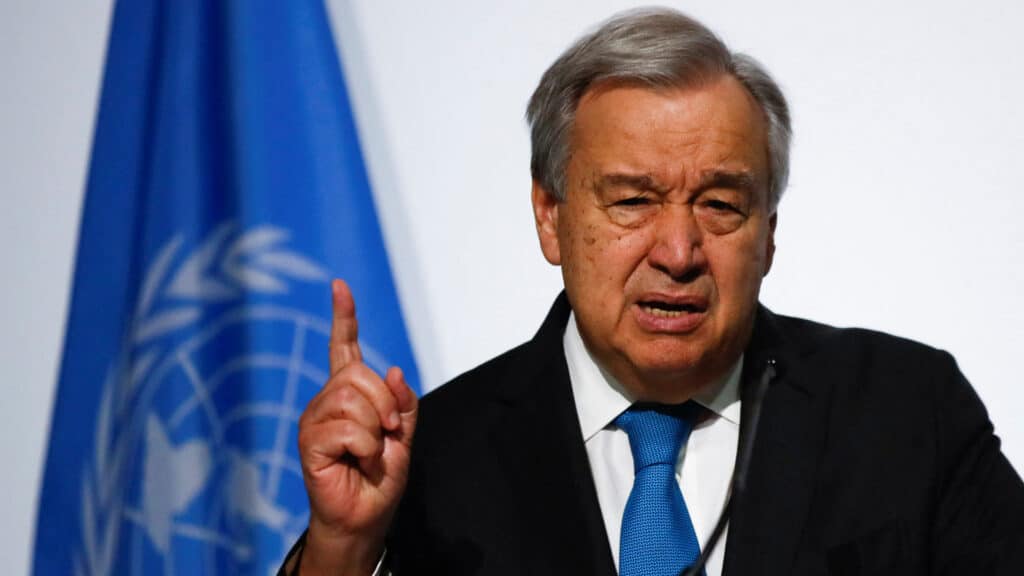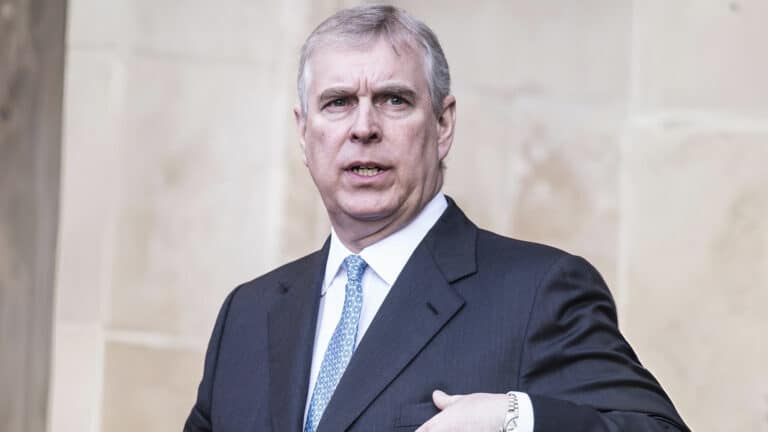
U.N. Secretary-General António Guterres is nearing the end of his tenure with a mixed record, as questions mount over his effectiveness in addressing some of the world’s most pressing crises, including the wars in Ukraine and Gaza.
Guterres, who took office on Jan. 1, 2017, will step down next year after eight years in the role. Critics say his time in office has been defined less by bold achievements than by stalled diplomacy and a U.N. Security Council often paralyzed by geopolitical divisions.
Some of his most high-profile decisions have frustrated member states. At the start of Russia’s full-scale invasion of Ukraine, Guterres traveled to Moscow to meet with President Vladimir Putin before later visiting Ukrainian President Volodymyr Zelenskyy, a move that drew criticism from Kiev and its allies.
Beyond Ukraine, Guterres has struggled to influence conflicts in Yemen, Syria and Myanmar, and he has been seen as largely ineffective in responding to crises in Gaza and Sudan. Even when U.N. resolutions were passed, they were frequently ignored. His pandemic-era call for a global cease-fire went nowhere.
Financial strains have also weighed on his leadership. Appeals for member nations to fulfill their financial obligations have often fallen on deaf ears. Meanwhile, the Security Council — hobbled by U.S.-Russia-China rivalries — has failed to act decisively on many of the very conflicts that have defined Guterres’s tenure.













